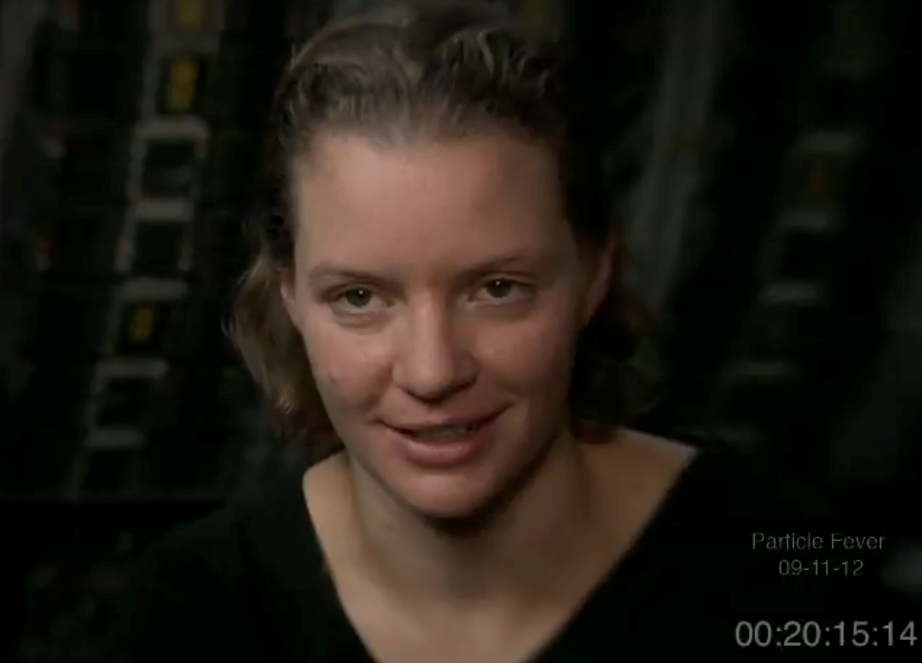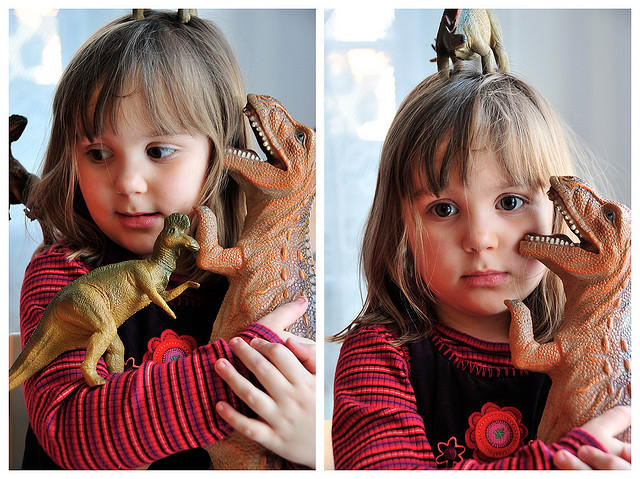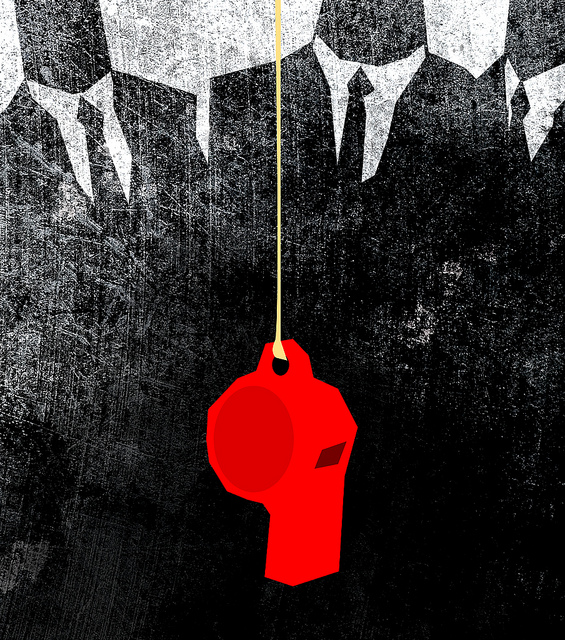The country is in the midst of a public health crisis. Two-thirds of adults and a third of all kids in the US are overweight or obese. Although no single factor is responsible for the nation’s weight gain, soda seems to be at least partly to blame. A decades-long study published earlier this month found that soda consumption amplifies the risk of obesity in people genetically predisposed to gaining weight. And a multitude of other studies suggest a link between soda and obesity.
From a nutritional perspective, soda is evil. We can all agree on that, right? It’s nothing more than delicious flavored sugar water—perfect if you’re a hummingbird, but awful if you’re a modern-day human surrounded by calorie-laden foods.
So it seems counterintuitive that the government program aimed at putting healthy food in the homes of low-income individuals, the Supplemental Nutrition Assistance Program (SNAP), has almost no limits on what foods its 47 million participants can and can’t buy. Doritos, ice cream, pop tarts, even soda are fair game. Some participants undoubtedly make wise choices. Others don’t. Continue reading

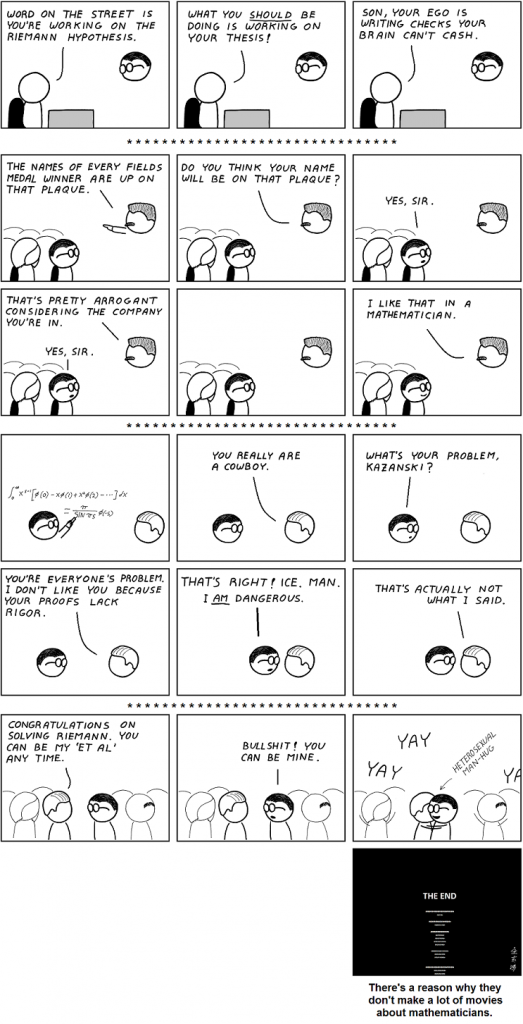
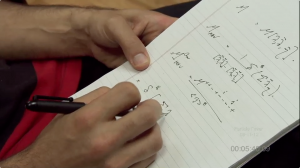
 Publications are funny creatures. I’ve worked for quite a few, mostly magazines, and each has had its own personality, its style of groupthink. Unlike a traditionally-structured corporation, its collective identity and mandate is vague, shifting as the names change and migrate upward on the masthead.
Publications are funny creatures. I’ve worked for quite a few, mostly magazines, and each has had its own personality, its style of groupthink. Unlike a traditionally-structured corporation, its collective identity and mandate is vague, shifting as the names change and migrate upward on the masthead.